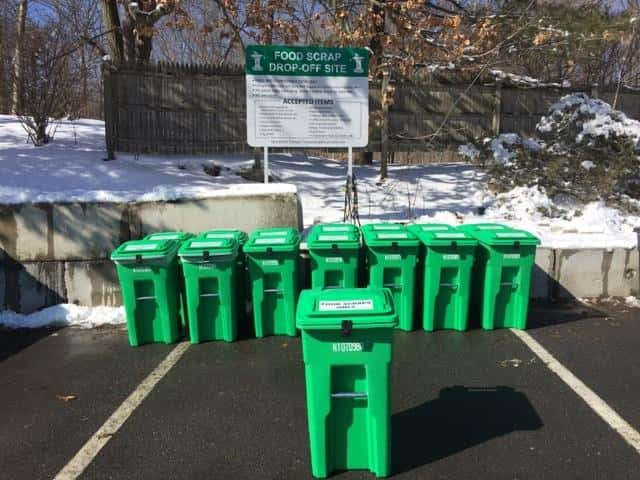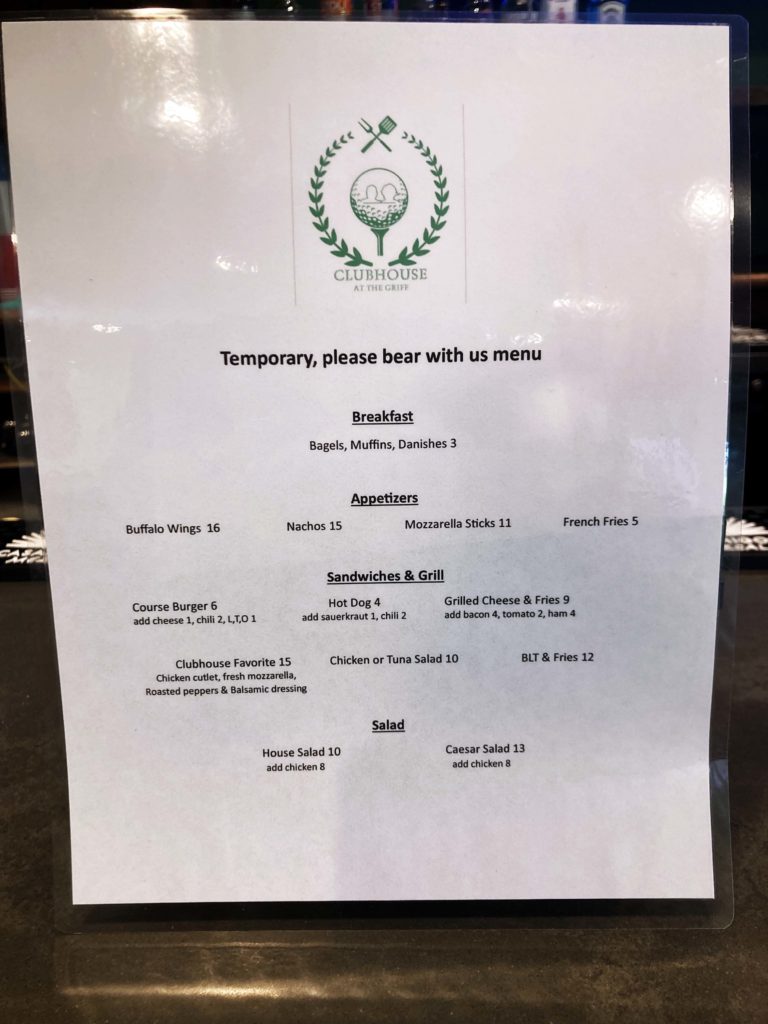
The Greenwich Recycling Advisory Board and Waste Free Greenwich, in partnership with the Department of Public Works, Conservation Commission and Greenwich Green & Clean, announce the launch of a municipal food scrap recycling pilot in April 2020. Greenwich residents can be the solution by supporting this effort to reduce waste, conserve resources and save money. Donations to meet the goal of $5,398 can be made through ioby, a nonprofit crowdfunding platform, and the Sustainable CT Community Match Fund will match each dollar donated. The fundraising campaign will run through February 14, and contributions will fund educational programming, materials and operations to make this program a success. Donations can be made online at: ioby.org/project/greenwich-ct-food-scrap-recycling-pilot-program
The drop-off food scrap recycling pilot will be voluntary and free to all Greenwich residents. Residents will collect food scraps at home and bring them to a designated location at Holly Hill Resource Recovery Center. A hauler will cart the material to a commercial composting facility to be turned into nutrient-rich compost. All food, including meat and dairy products, tea bags, cut flowers and paper towels and napkins will be accepted. Kits, containing bins and compostable bags, will be offered for sale in spring.
Food scraps are one of the largest components of trash sent to landfills and incinerators. In Connecticut, food scraps account for over 22% of municipal solid waste. However, food scraps are not trash. “Removing food scraps from the waste stream and composting them produces a beneficial product,” said Sally Davies, chair of GRAB. “Why should we be paying to throw that resource away?” Recycling food scraps into compost captures nutrients and energy and returns them to the environment. When food scraps are incinerated or landfilled, these resources are lost. Food scraps are wet and heavy, decreasing the efficiency of incinerators, and in landfills, the material creates methane, a potent greenhouse gas that traps heat contributing to climate change. Composting food scraps turns that story around, by producing a useful and valuable product that gives back to our nutrient life cycle, resulting in cleaner soil, water and air.
The act of composting can also help change habits. As residents begin to separate their food waste from the rest of their garbage, they become more aware of how much food they toss, prompting them to buy less. Ultimately, this can lead to less garbage collected and potentially less waste management expenses. “The food scrap recycling program complements broader sustainability goals for our town and will help achieve significant waste reduction in our community,” stated Julie DesChamps, founder of Waste Free Greenwich. For more information, please visit: wastefreegreenwich.org/rot




